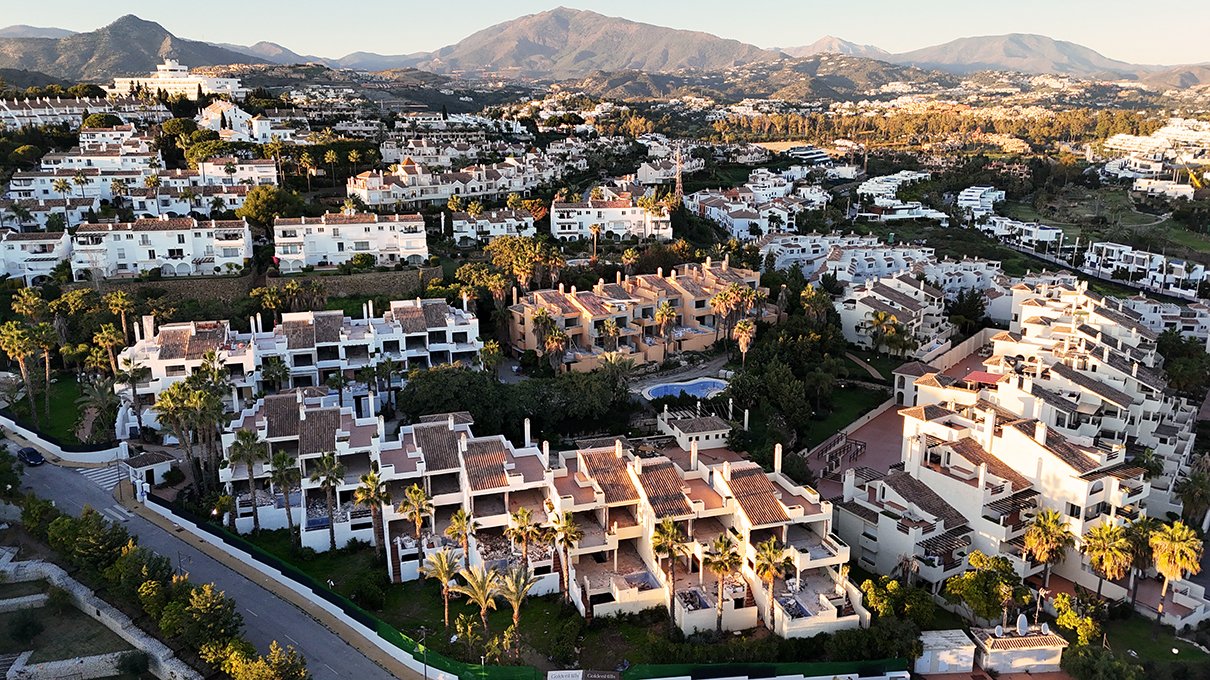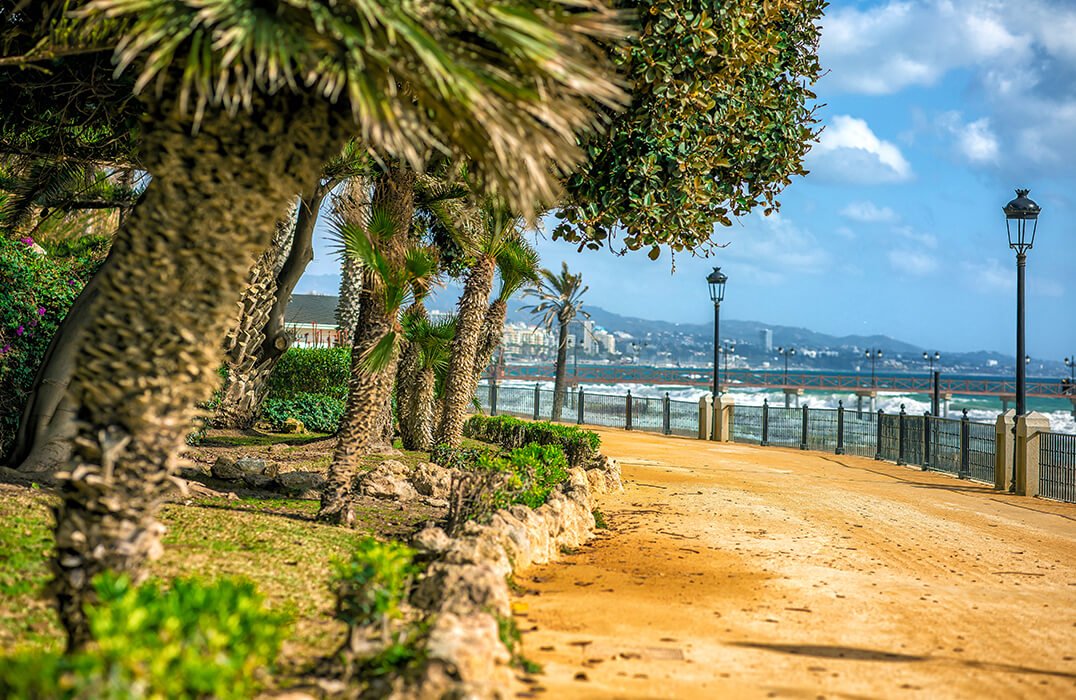SELLING PROCESS GUIDE IN MARBELLA AND SPAIN
Guide to the Real Estate Sales Process in Marbella and Spain
Selling real estate in Spain requires a thorough understanding of all legal and tax aspects to ensure a smooth and cost-effective transaction. Let’s explore the key stages of the process, from property preparation to final settlement with the buyer.
1. Preparing the Property for Sale
Before putting a property on the market, it's worth doing some preliminary analysis and taking a few important steps:
- Valuation. It is advisable to hire a professional appraiser or real estate agent to determine a competitive price.
- Documentation. Ensure that you have all the necessary paperwork:
- Escritura Pública (notarial deed of ownership)
- Nota Simple (property registry extract)
- Energy efficiency certificate (mandatory for all transactions)
- Certificate confirming no outstanding utility bills or taxes.
- Property presentation. Minor repairs, decluttering, and high-quality photography can enhance the appeal of the property.
2. Finding a Buyer and Signing a Preliminary Agreement
Once the property is listed for sale, the negotiation phase begins:
- Agent or direct sale. In Spain, most transactions go through real estate agencies, with commissions typically ranging from 3–6% of the property price.
- Property reservation. After reaching an agreement with the buyer, a preliminary contract is signed, and a deposit (usually 10% of the price) is paid.
Important: If the buyer withdraws, the deposit stays with the seller. If the seller cancels the deal, they must return double the deposit.
3. Notarial Transaction and Ownership Transfer
Once all checks are completed, both parties set a date for signing the main contract at the notary’s office.
- The seller provides all documents confirming the absence of outstanding debts.
- The buyer pays the remaining amount either via bank transfer or check.
- At the notary, the Escritura de Compraventa (sale contract) is signed, making the buyer the new owner.
4. Taxes and Costs of Selling
1. Capital Gains Tax (Impuesto sobre la Renta de No Residentes / IRPF)
- Spanish residents pay a tax of 19% to 26% on the profit from the sale.
- Non-residents are subject to 19% on the difference between the purchase and sale price.
- Expenses such as notary fees, registration, real estate agent fees, and renovations can be deducted to reduce tax.
2. Municipal Plusvalía Tax
- Calculated based on the increase in cadastral land value over the ownership period.
- The longer the property is owned, the higher the tax.
- In some cases (if no profit is made), this tax can be avoided.
3. 3% Withholding for Non-Residents
If the seller is not a Spanish resident, the buyer must withhold 3% of the property price and transfer it to the tax office. This amount can be refunded if there is no taxable gain.
5. Completing the Transaction and Transferring Ownership
After signing the notarial deed, the seller hands over the keys, final payments are settled, and the buyer registers the property in the Property Registry.
What Else to Consider?
- Utility bills: The seller must update payment details with service providers.
- Bank account: If the seller has no other assets in Spain, it is advisable to close the account after the transaction.
- Legal assistance: Especially important for non-residents to avoid mistakes and unnecessary costs.
Conclusion
Selling real estate in Marbella and Spain requires careful attention to legal and tax details. Proper planning, expert assistance, and knowledge of regulations will help ensure a smooth and successful transaction.






